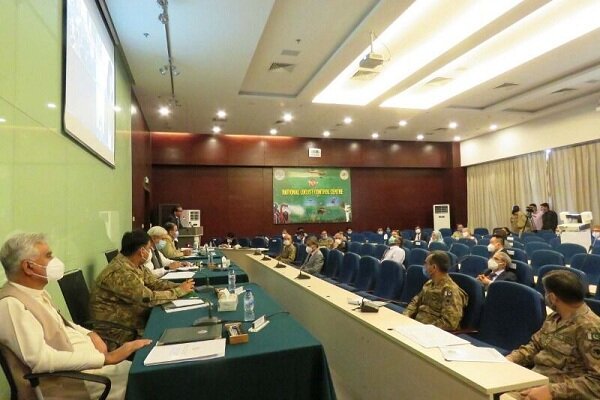Referring to the cooperation and timely coordination of the two countries in identifying the upcoming crisis, Somayeh Karimdoost said that the two countries have also prepared a charter to deal with locust issue, however, external interference is creating hurdles in the implementation of the bilateral mechanism.
Locust swarms have already devastated crops and it is feared that they can cause greater damage so regional cooperation in this regard must be taken seriously without any discrimination, she added.
She also called on the World Food Organization (WFO) and Food and Agriculture Organization (FAO) of the United Nations to play a more effective role in assisting countries affected by desert locusts and facilitate cooperation between them.
Despite the problems in the availability of pesticide spraying aircraft due to a one-sided approach of some countries, Iran has made every effort to control locust attacks and help its neighbors to prevent the damage caused by this problem, said Karimdoost.
She added that if such coercive behavior continues against Iran in dealing with the locust challenge it will have a negative impact on the region especially the neighboring states of Iran.
Previously, the Iranian ambassador to Pakistan Sayyed Mohammad Ali Hosseini had said that desert locust attacks have endangered the food security of millions of people, adding that strengthening of cooperation between Tehran and Islamabad would help the two countries to deal with the problem.
He said Iran and Pakistan have proved throughout history that they can overcome difficulties through cooperation and efforts.
The sanctions against Iran have reduced a significant amount of resources allocated to dealing with desert locusts, he added.
ZZ/IRN83850404


























Your Comment